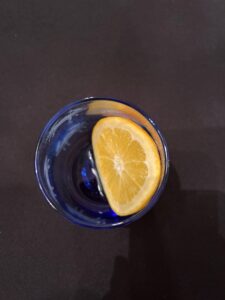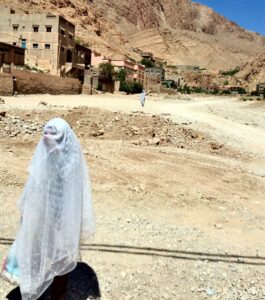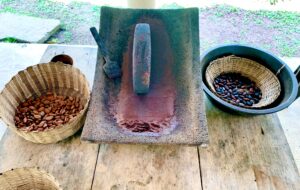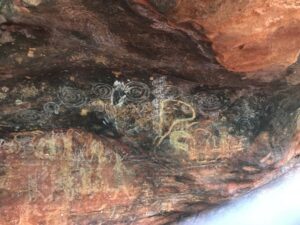I had a meal in a small room on the eastern side of Kenya with the entire village of people. Or that’s what it seemed like to me.
As we parked under a tree next to the goat corral in front of a small cinder block home, people began streaming around the house’s corners. We were expecting to dine with the parents of our companion. We anticipated the challenge of not being able to communicate with two others over the meal. The reality became much different.
We dined on multiple dishes of food with 25-30 Kenyans all in a room measuring about 12’x12’. Men and women of all ages and two adorable young girls sat on sofas, chairs, benches, plastic lawn chairs, and stools.
Fewer than half of us could speak or understand English. We could only share food, smiles, and handshakes, plus the one important Swahili word I had learned, “asante.” I repeated that expression of thanks quite frequently over the next nine days.
(A few of the group are pictured here.)
Some background before I continue.
My life partner and I traveled to Kenya with board members of Clean Water Kenya. One of our objectives was to observe how the program was operating and the level of success to date. Most of us had also not yet met the in-country coordinator or the others involved in the program.

As a small NGO, Clean Water Kenya (CWK) our coordinator volunteers on the side of his regular job as a guide, yet he has worked miracles. We spent three days traveling with him, his wife, and his two-year-old daughter.
How The Trip Began

Before the intimate meal with two and a half dozen Kenyans, we had visited four primary schools in the local Kampo tribal villages. The students in uniforms of varying types all came out to meet us. Each school had some special greeting or performance. Of the families they represented, 33%-75% had one of our water filters in their homes. The others were still living with impure and dirty water. The schools, however, all had our filters. At least during school hours, the children had healthy water.
Both at the intimate meal and in two of the schools, we also drank the filtered water. I was impressed with its clarity and good taste. Doctors in the two clinics we visited told us their patients’ problems were decreasing as the number of provided water filters increased.
On Day 2, the team had a crowded visit to the factory outside of Nairobi where the filters are made. Such a simple process that provides amazing success. Basically, they are clay pots dipped in a colloidal silver solution and inserted into a larger vessel. Like the home we visited, the space was also small and packed.
Intimate With Thousands
Our third day in Kenya, was outdoors and shared with 2,500 Maasai. Yet, it still felt intimate.
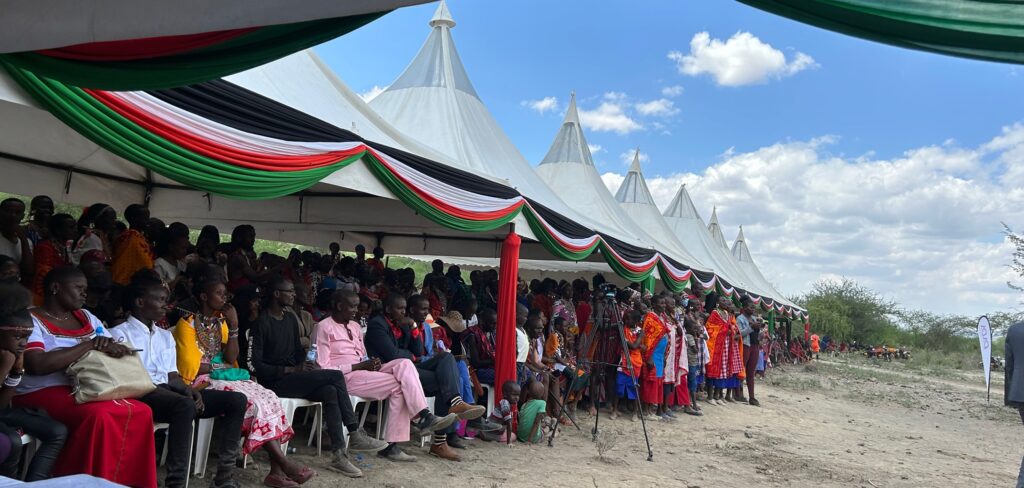
We were outsiders included in a tribal conclave with political issue speeches, dances, games, and singing. A young girl reminding me of a young Amanda Gorman read a poem she’d written about female genital mutilation, FGM. A very intimate subject, an illegal practice, yet still done. About half of the speeches were interpreted, so we were somewhat able to keep up with the program.
Clean Water Kenya has provided over 1,100 water filters to the Maasai to the west of Nairobi. That day, we delivered another 100. As a tribute of their gratitude for our ongoing contributions, the Maasai inducted our co-founders into their tribe as elders. As board members, we were also recognized, adorned, and gifted.
At one point in the day, I was sitting elbow-to-elbow with the locally elected member of parliament. However, my most intimate moment was standing face-to-face with a girl of eleven or twelve. She had walked up to me and put a bracelet on my wrist. Drawing on my new vocabulary, I said, “Asante.” She did not answer. There was no expression on her face or in her eyes. She just stood in front of me studying my face. It seemed like we stood there for five minutes, but it was probably only one or two. I perceived merely curiosity and wonderment. Perhaps she’d never seen anyone like me before. Then she was gone or I got pulled away. I don’t remember how it ended, but I’ll always remember her face.
Off To The Wilds
When our CWK visit ended, my partner and I took advantage of the proximity of the Maasai Mara. It’s one of the most prolific safari areas on the continent, a not to be missed opportunity.
Because of its popularity, vehicles full of people are a common site in the wild. That sounds illogical, but it really is wild. I wouldn’t dare have exited that steel frame on wheels attached to an engine that could whisk us out of danger. It seemed safe at the time as long as I didn’t consider the speed of the big cats. It was also reassuring to note they had an abundant source of their usual diet.
The animals’ habituation to the strange creatures in rumbling boxes allowed us to get much closer to them than I expected. There is an intimacy in watching a female cheetah protect her kits for two days and then walk with them among the vehicles the next. To me, it indicated her trust and an understanding of our respect.
There was also a scary intimacy in watching two lions tear apart a buffalo that had been killed the night before. You don’t just walk into someone’s home and stand watching the family eat a meal. Yet, that’s what we were doing.
As we left the Mara on our way to a small airstrip, our guide stopped to talk with various people in the village we passed through. The faces, the laughter, the gestures, and the circumstances gave us yet another glimpse into life in rural Kenya. An intimacy with the people.

That is the reward of travel. Seeing the sites is educational. Engaging with the people and their lives is rewarding. The Kenyans we met were welcoming, gracious, and generous.



